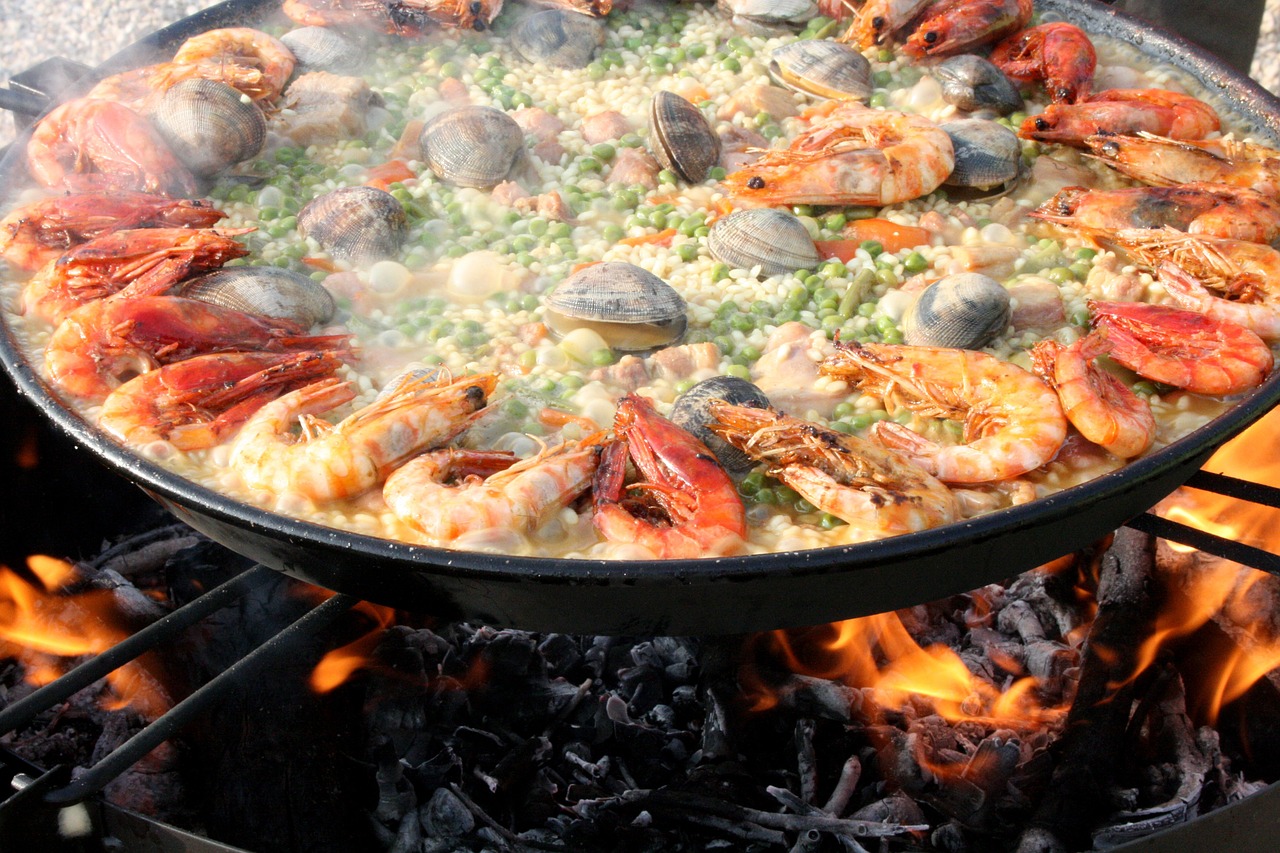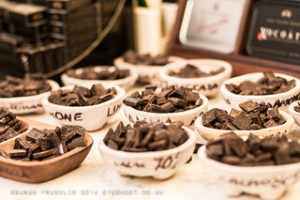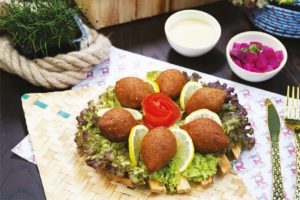After indulging in one of Spain’s most beloved dishes made of rice and seafood, tourists become very curious to learn more about this dish. Hence, many people would love to know the history and origin of the famous paella from Spain.
Valencia Holds the Roots of Paella’s Origin
The first paella dish is thought to have originated from Valencia, Spain. The region is famous for its rice fields which were introduced by the Arab merchants to Spain. Therefore, many believe that the appearance of paella started here.
Historically paella was not only seafood, but this version was saved for special occasions. The protein was either snails or rabbits. Farmers would gather whatever is available and cook with the flat bottom pot along with rice. Hence, the dish was and is still very versatile with numerous forms of meats that can be integrated according to the ingenuity of the chef preparing it. Even chicken paella is famous in certain regions, however the signature one is the seafood paella.
Naming of the Paella Dish and the Two Schools of Thought
Linguistics are divided into two schools in the case of paella. One is Latin and the other derives it into the semitic language of Arabic. The Latin supporters claim that the name derives from Patella which refers to the pan that the paella is cooked in. It is normally large, wide and the bottom has maximum contact with the cooking heat coming from underneath.
The Arabic linguistic supporters claim that the name is derived from the constituents of the dish rather from the pot containing them. They believe the term paella comes from the Arabic word ba’eyah meaning the remaining in the local dialect of the Arabs who conquered and ruled Southern Spain. The supports will also go far by stating that the word arroz is deriving exactly from Arabic which means rice in both languages.

If you have not tried paella, it is a must on your next trip to Spain. Even if you are not a seafood lover, just tasting the rice is sufficient to give you an idea about the originality and uniqueness of the dish. It is definitely worth trying.






